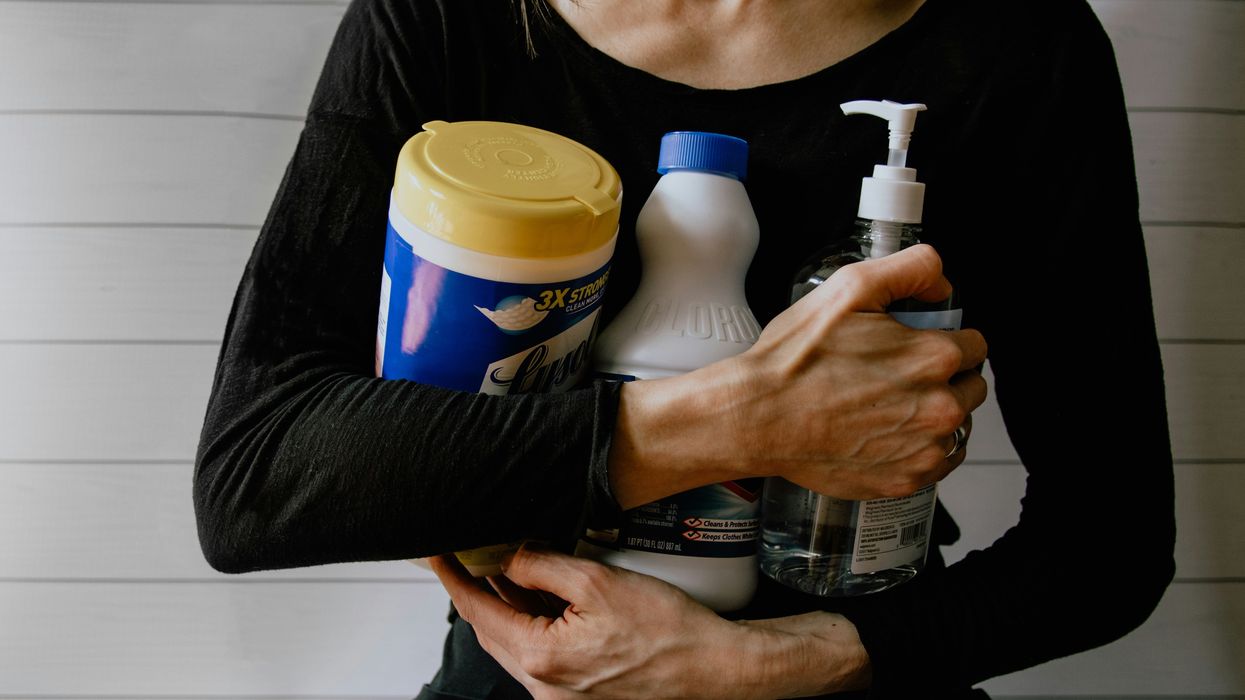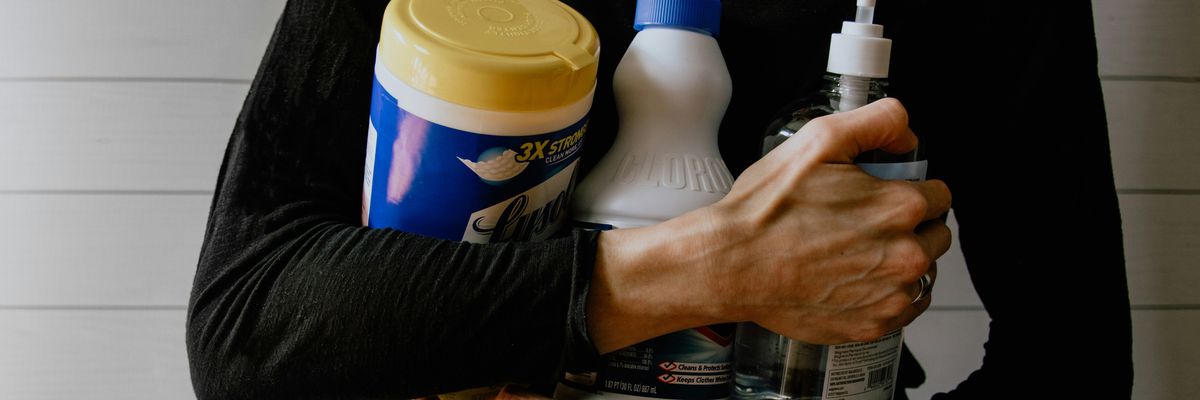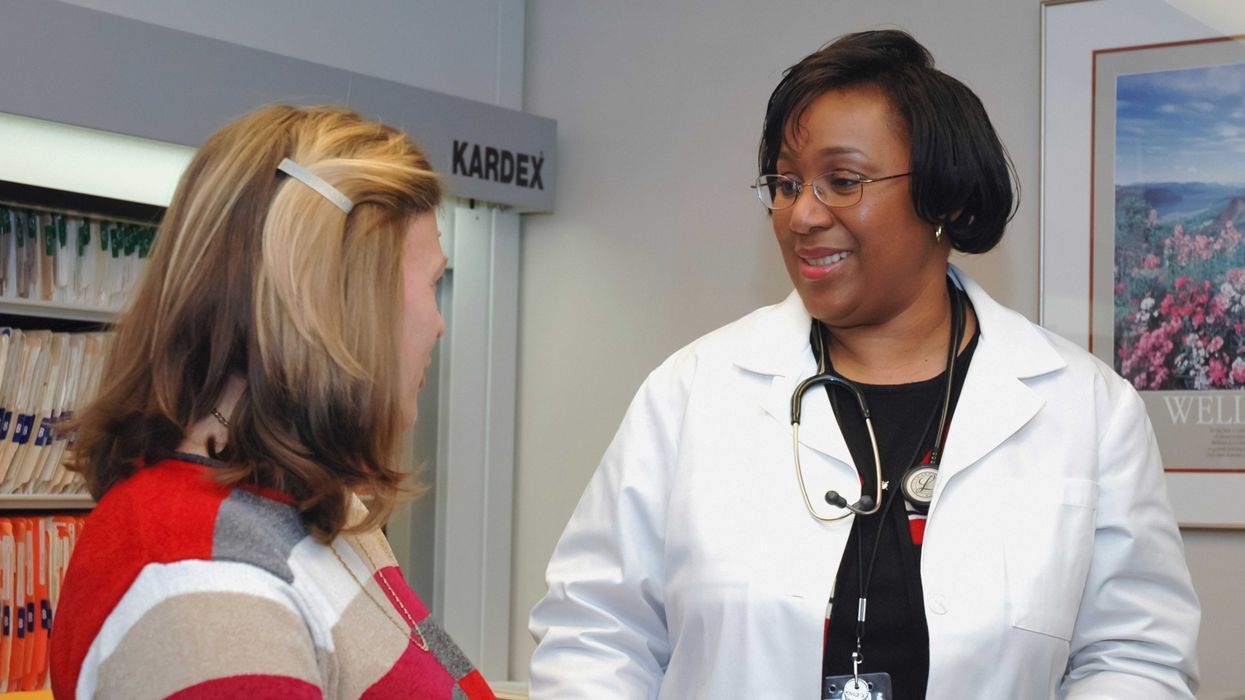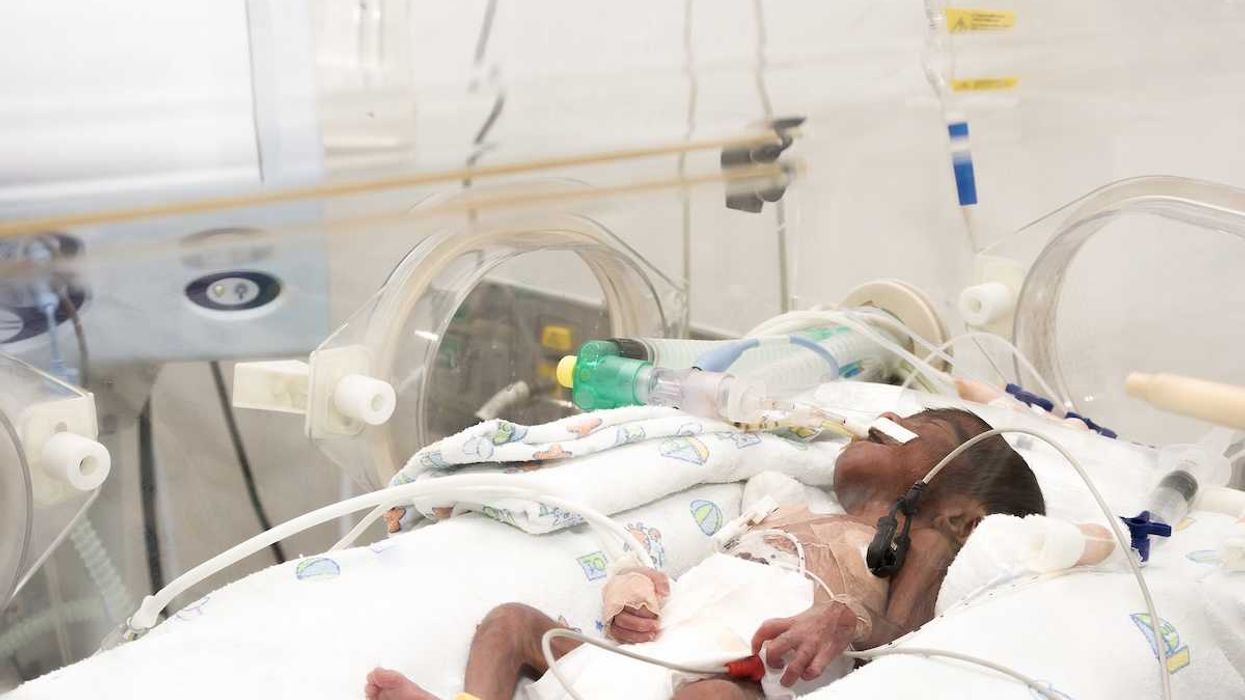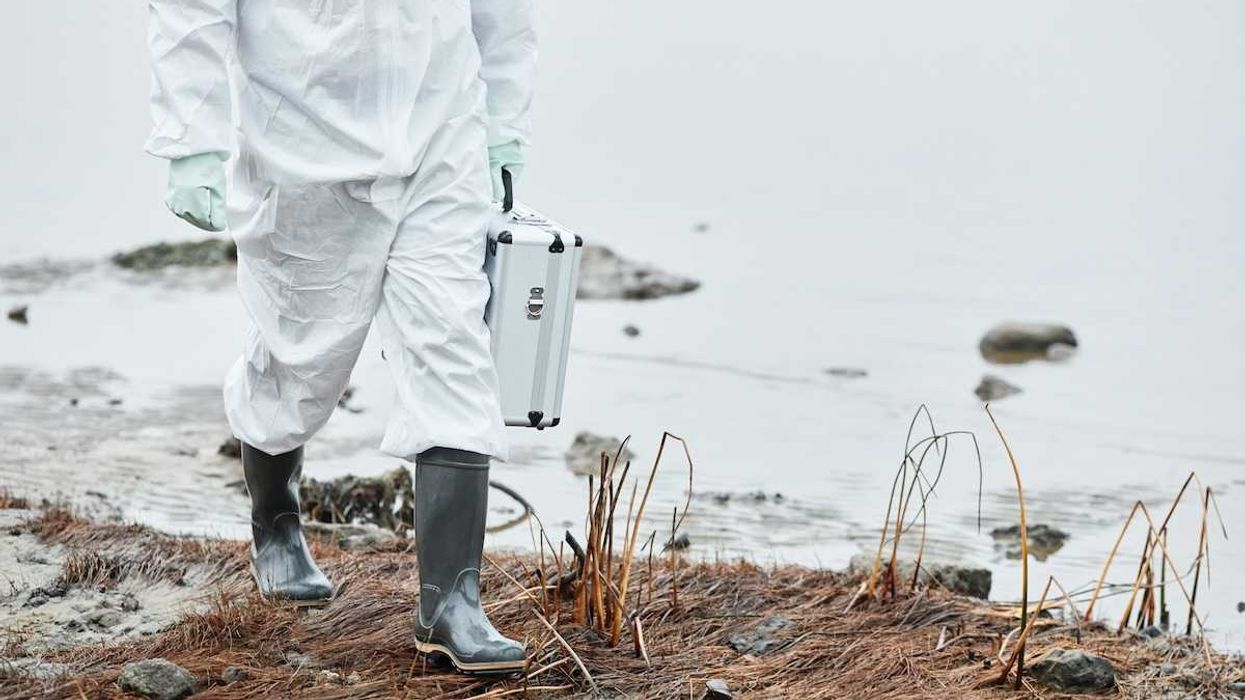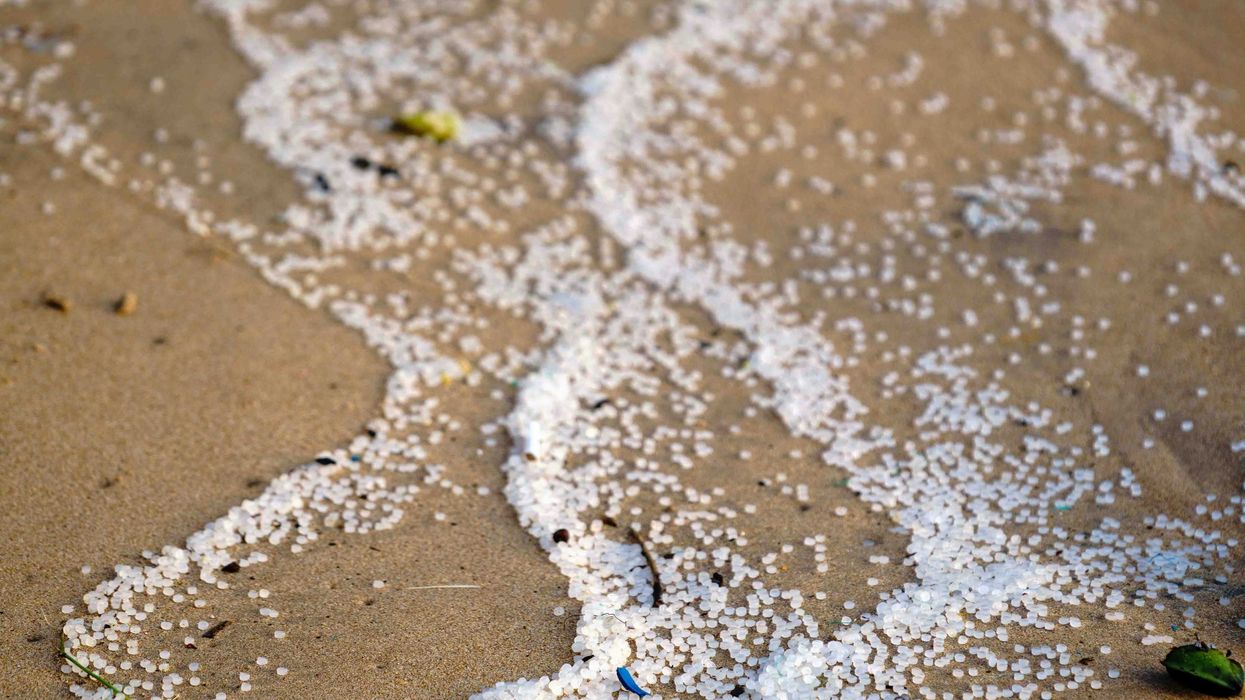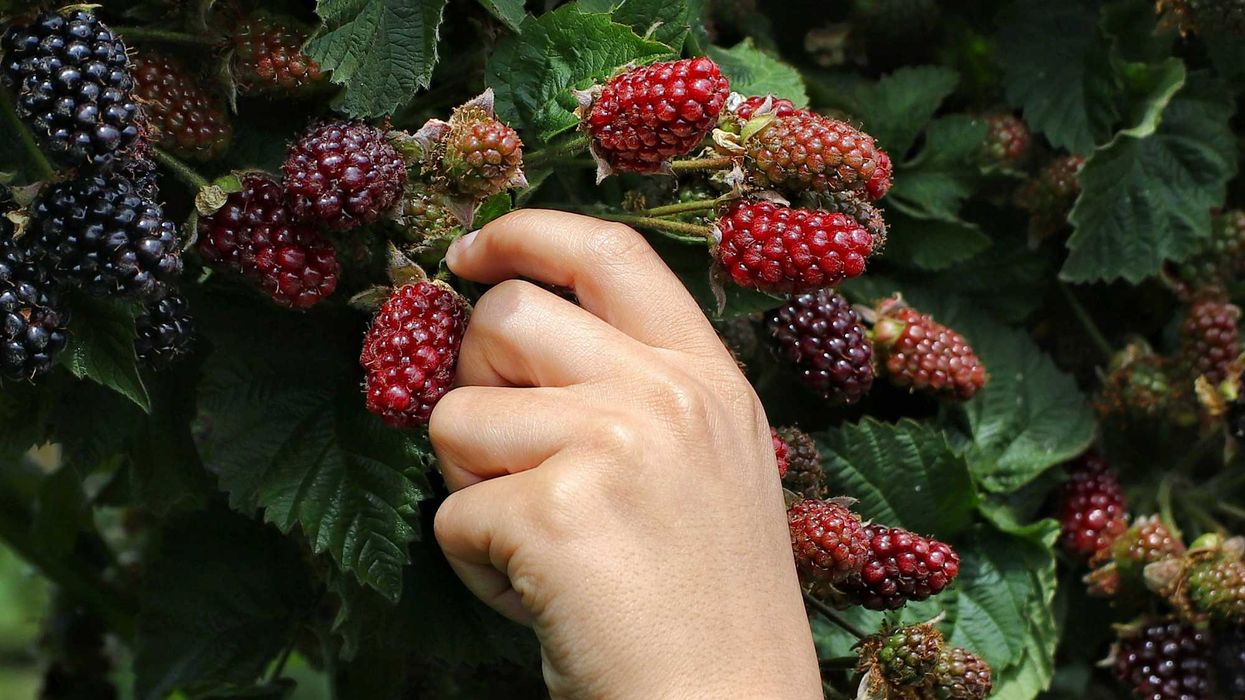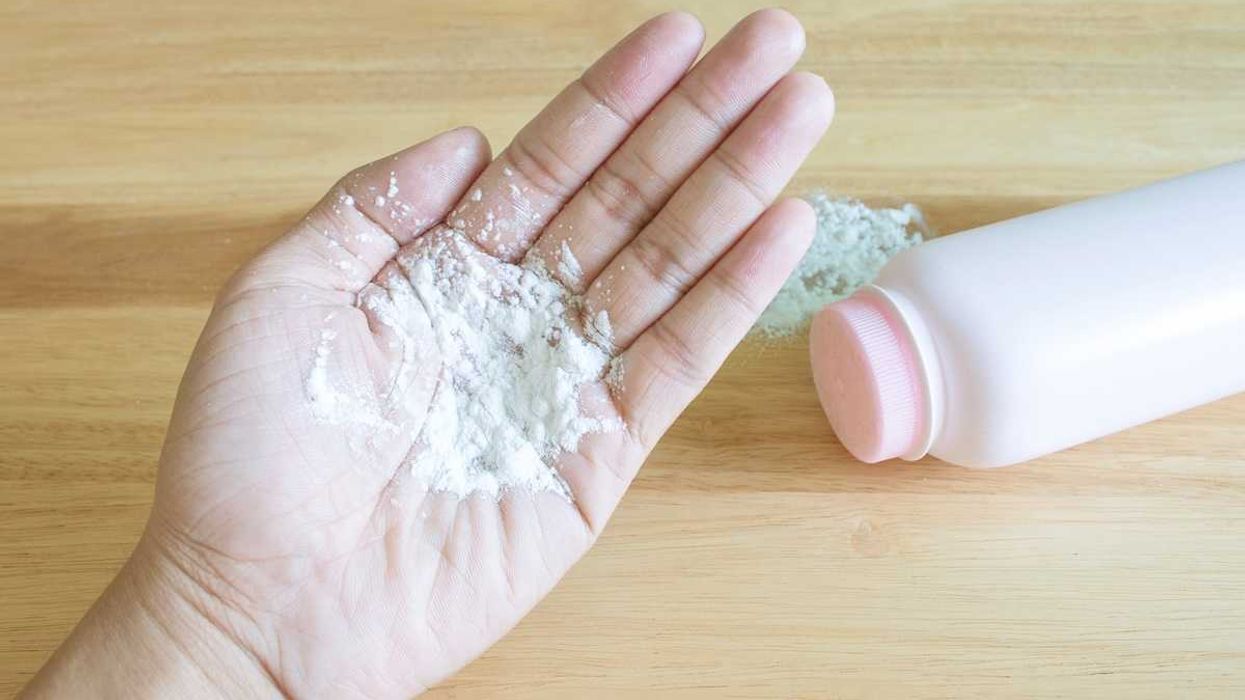Scientists are working to improve how we monitor chemical pollution in humans as current tools fall short of detecting and assessing the many industrial and consumer chemicals we encounter daily.
Chang He writes for The Conversation.
In short:
- Biomonitoring measures chemicals or their breakdown products in blood, hair, or breastmilk, but only a small number of effective biomarkers currently exist to assess human health risks.
- Many chemicals transform in the body, making them hard to detect without biomarkers that are stable, specific, and reflective of actual exposure.
- Some widely used biomarkers can overestimate or underestimate exposure, leading to unreliable data and complicating health risk assessments and regulatory decisions.
Why this matters:
Every year, thousands of new chemicals enter commercial use, from pesticides and plastics to household flame retardants. Many of these substances eventually make their way into our bodies, but current biomonitoring systems can detect only a narrow sliver of them. That means regulators, doctors, and scientists often operate without clear data on the true extent of human chemical exposure. Without reliable biomarkers to detect and quantify exposure, risk assessments remain uncertain, and regulatory protections lag behind. This gap has real consequences for public health, and especially among vulnerable populations that may be more sensitive to chemical exposure.
Read more: Toddlers across U.S. already exposed to dozens of toxic chemicals, study finds

